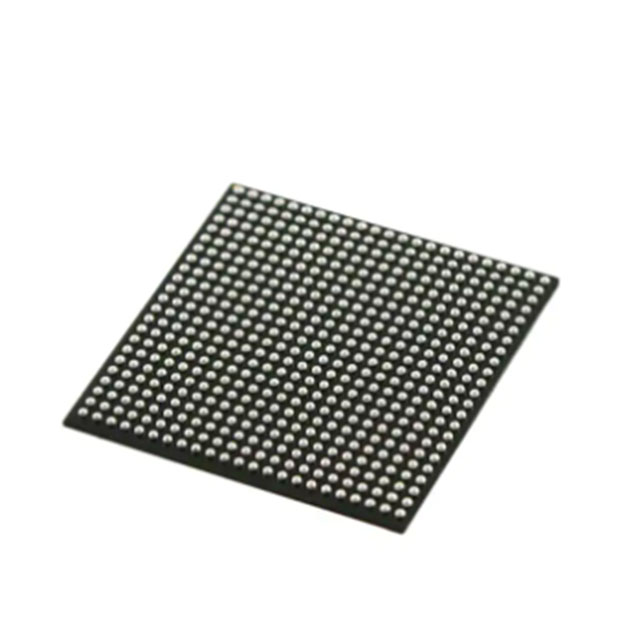components IC chip integrated chips electronics XC7A50T-L1CSG325I one spot buy BOM service
Product Attributes
| TYPE | DESCRIPTION |
| Category | Integrated Circuits (ICs)EmbeddedFPGAs (Field Programmable Gate Array) |
| Mfr | AMD Xilinx |
| Series | Artix-7 |
| Package | Tray |
| Standard Package | 126 |
| Product Status | Active |
| Number of LABs/CLBs | 4075 |
| Number of Logic Elements/Cells | 52160 |
| Total RAM Bits | 2764800 |
| Number of I/O | 150 |
| Voltage – Supply | 0.95V ~ 1.05V |
| Mounting Type | Surface Mount |
| Operating Temperature | -40°C ~ 100°C (TJ) |
| Package / Case | 324-LFBGA, CSPBGA |
| Supplier Device Package | 324-CSPBGA (15×15) |
| Base Product Number | XC7A50 |
FPGAs are the way to go
Internet control has always been a path to autonomous driving, but in Dan Isaacs’ opinion, a distributed system where every node has computational power and intelligence is the most efficient system, and if all the computation and intelligence are concentrated in a central node or cloud, it’s not a very good solution. And although 5G has great advantages in terms of low latency and bandwidth, it is still inevitably a wireless transmission, so there is bound to be an unreliable side to wireless transmission. We’ve seen many scenarios just now where if you rely on a network in that scenario, it’s still less reliable.
Dan Isaacs said that 5G is like infrastructure or a highway, which must be very helpful for L4 autonomous driving, but is not a panacea to solve or achieve L4 autonomous driving. It can allow some of the problems of autonomous driving to be better solved, for example, traffic light signals still have a certain error rate through vision, and it can give us a very good complement if we go through 5G and Telematics. Programmable logic processors provided by FPGAs will remain the obvious choice for the development of autonomous driving technology for a long time to come.
AMD Extends Life Cycle of All Xilinx 7 Series Devices to at Least 2035
The 28nm AMD Xilinx 7 Series devices continue to be popular, offering world-class technology and leading-edge features to customers in the industrial, automotive, test and measurement, and medical markets. Customers in these market segments demand longer product lifetimes, typically requiring 15-year lifecycles, with many products supporting longer lifecycles.
Extending product lifecycles
With these needs in mind, AMD Xilinx is pleased to officially announce that support for all 7 Series FPGAs and Adaptive SoCs will be extended to at least 2035. This includes our cost-optimized Spartan®-7 and Artix®-7 FPGAs, our entire Zynq®-7000 SoC portfolio, and Kintex®-7 and Virtex®-7 FPGAs. all rates and temperature grades are included.
The 7 series devices are uniquely positioned in the AMD Xilinx portfolio and will remain ideal for new designs for many years to come.
- Spartan-7 FPGAs deliver high performance per unit of power in a small package
- Artix-7 FPGAs deliver high transceiver bandwidth with low power consumption
- Zynq-7000 SoCs combine the software programmability of Arm®-based processors with the hardware programmability of FPGAs







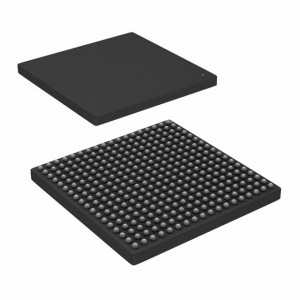
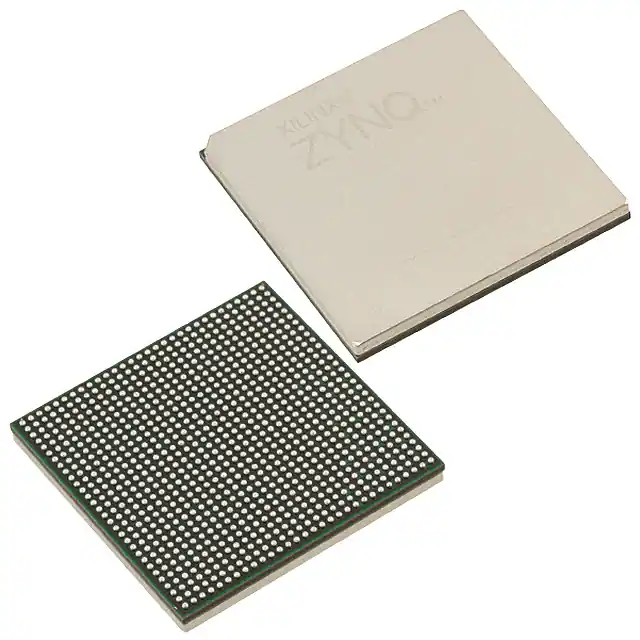
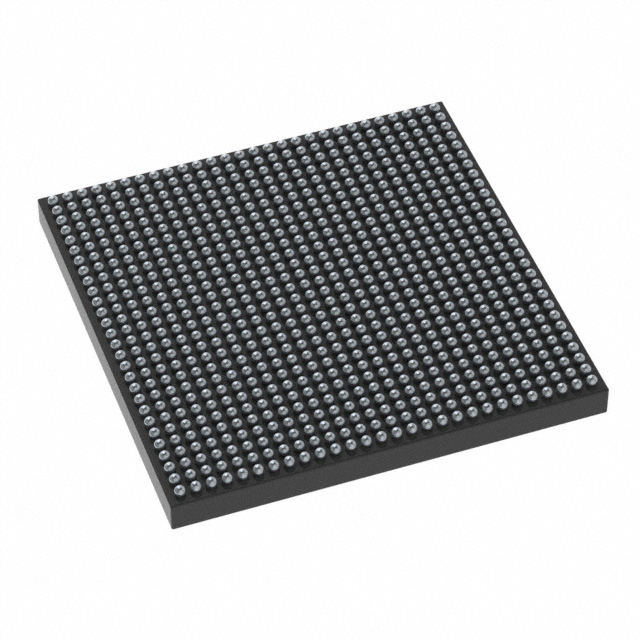
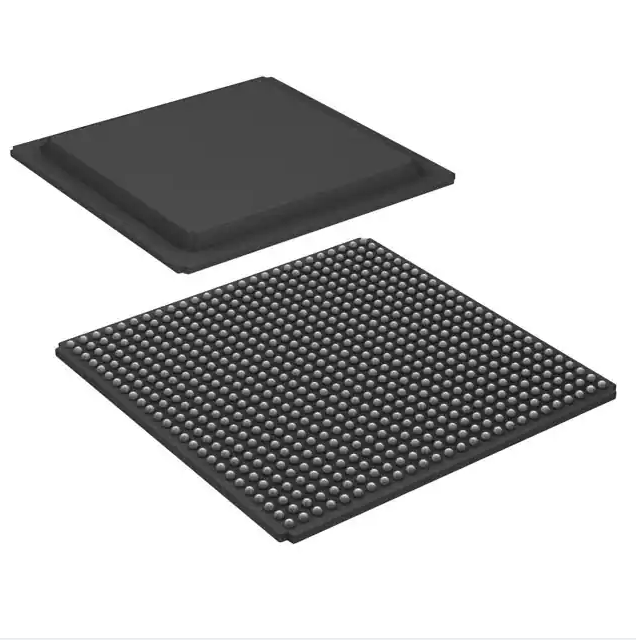

.jpg)
